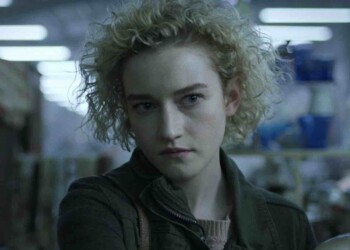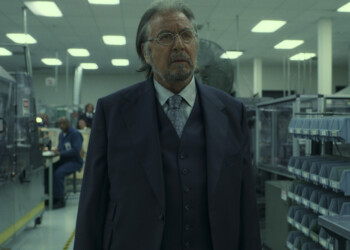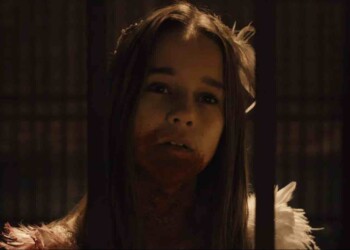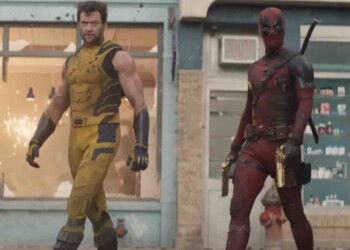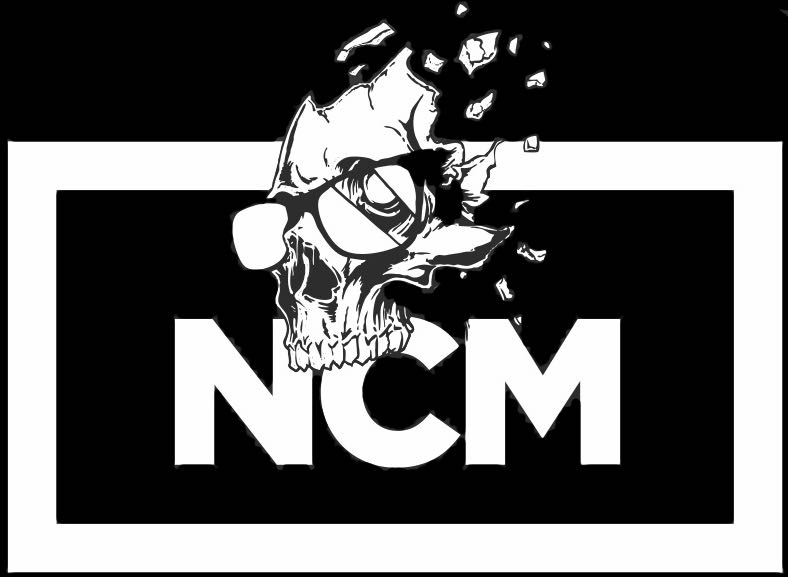“Interstellar” review where Christopher Nolan’s new film requires a few things from movie goers including a belief in the unbelievable and never giving up hope even in the face of extinction….
Apocalypse dramas theorizing about the end of the world are all the rage these days. If you don’t believe me, just look at the ratings for “The Walking Dead” and then realize that society has a fetish for the end of times. Whether it’s zombies, religion or nuclear war, the fascination for exploring the end of civilization as we know it continues to permeate pop culture through TV and movies.
Christopher Nolan (The Dark Knight, Inception) takes a slightly different approach to the genre with his film “Interstellar”, which opened in theaters this weekend. The dystopian future he’s laid out has similar roots as all the others, but also sprouted into a much more intricate and developed flower of death and destruction.
Earth as we know it is no more. Through some environmental disaster, the planet has been compromised, the majority of the population has been eviscerated, and science has taken a back seat to skepticism and paranoia (school children are taught that the Apollo missions were faked). Plants barely grown and the only crop left that can still be harvested is corn, which Matthew McConaughey’s character “Coop” has gotten really good at growing lately. Actually before he was farmer extraordinaire, Coop was a hotshot NASA pilot, who left his previous gig to raise two kids and become a farmer when it became clear survival was far more important than exploring the stars any longer.
That’s when we meet Dr. Brand (played by Nolan favorite Michael Caine), who was Coop’s old boss at NASA. It seems the space program has remained up and running in an underground capacity and the scientists still devoted to discovery have found a wormhole just past Saturn that they believe will take a ship to the other side of the universe and hopefully find an inhabitable planet where humans can survive. As the many promos for the film tease, “mankind was born on Earth, it was never meant to die here”.
So the plan is simple — send Coop up in space along with his own daughter Amelia (Anne Hatheway) and two other scientists along with a pair of robots to explore the wormhole and hopefully come back with definitive proof that life can exist on another planet besides Earth so humanity can relocate and survive. Coop decides to go (obviously), but the decision is met with resentment from his young daughter Murph, who looks at her father as her entire world. He leaves on bad terms with both his son and daughter and heads for the stars trying to look at the greater good for humanity.
“Interstellar” is one part science fiction, one part family drama when really examining the deeper issues brought up between a father consumed by a great duty and a daughter who just wants to spend time with her dad growing up. Thankfully, Nolan balances the two parts and weaves them together in a beautifully scripted film.
The cinematography and effects are top notch just like all of Nolan’s previous work and the twists and turns in this film are very similar to “Inception” where surprises lie around every corner. There’s even an “A” list actor who makes an appearance in a role that can’t be talked about, much less mention what they are doing in the film, but it’s one of the big plot turns that makes “Interstellar” spin on its axis.
“Interstellar” is much more “Star Trek” than it is “Gravity” because suspending disbelief is paramount to enjoying this film, but once you do it’s a three hour thrill ride that doesn’t let up until it’s over. One particular twist towards the end will probably receive a few moans and groans from some folks watching the film, but open up your heart and you might just let a few tears out instead as Nolan wraps up the movie like a package with a bow on top.
Another suggestion would be seeing this film in IMAX because some of the effects and outer space scenes are so wonderfully it should not be contained on a normal sized movie screen. Nolan goes grand in “Intersteller” — to appreciate the film in its best context, you should go grand as well.
“Interstellar” is a film that explores the end of the world without all the bleak, disastrous overtones of other movies or television shows. As Andy Dufresne in “Shawshank Redemption” once said “hope is a good thing, maybe the best of things and no good thing ever dies”. “Interstellar” gives humanity a chance to survive in the face of extinction instead of exploring the ways we will ultimately destroy ourselves, and that’s a good thing. Maybe the best of things.

